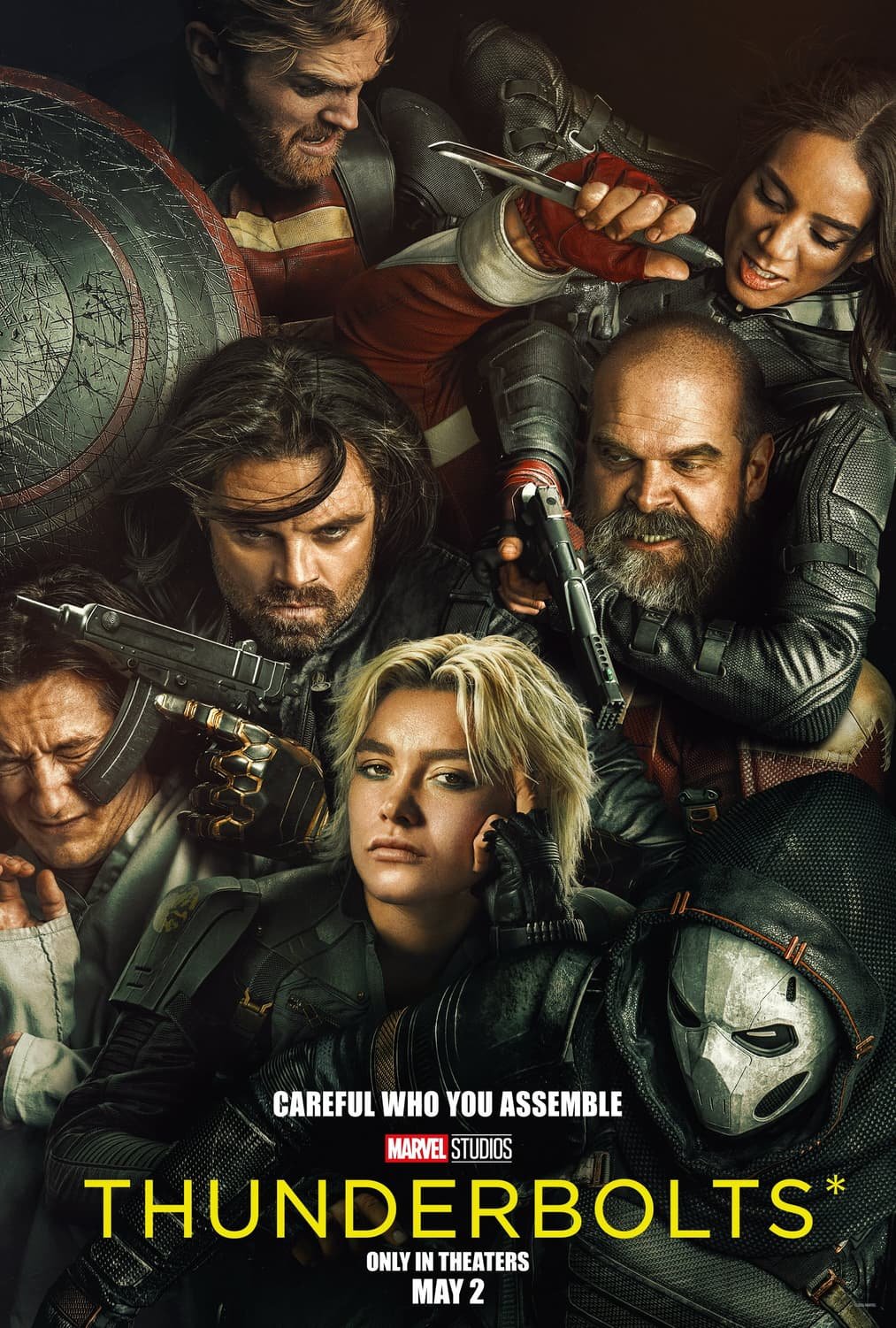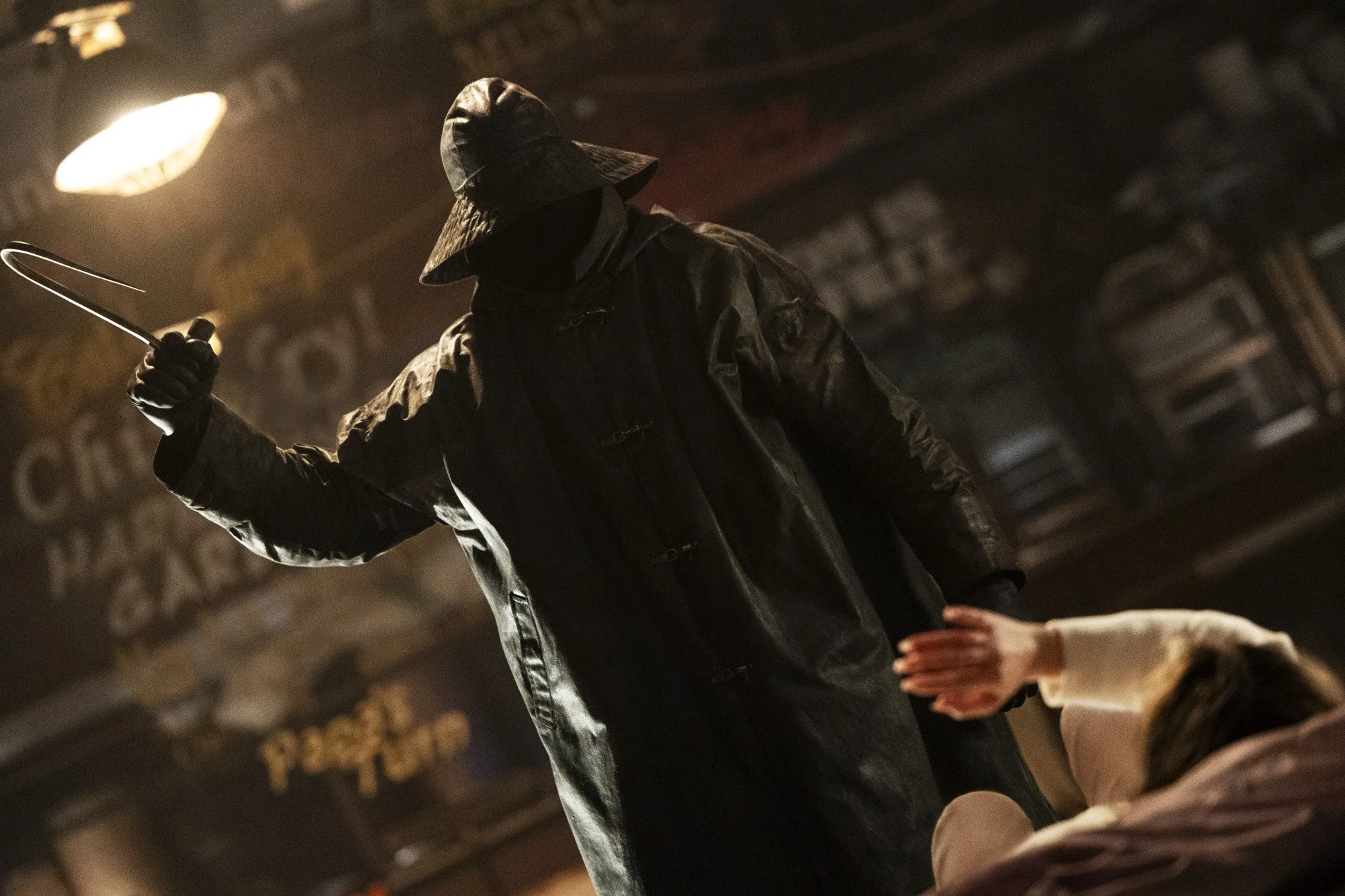Thunderbolts Review
After a bumpy few years of polarizing multiversal storytelling, Marvel’s Thunderbolts feels like the studio’s most focused effort in some time—an ensemble piece that doesn’t shy away from emotional stakes, sharp action, and a fresh character dynamic that breathes new life into the franchise. While not a perfect film, Thunderbolts makes a compelling case that the Marvel Cinematic Universe still has plenty of places to go—and stories worth telling.
A New Kind of Team, Led by a Familiar Face
One of the strongest aspects of Thunderbolts is its central anchor: Florence Pugh as Yelena Belova. Ever since her standout introduction in Black Widow, Pugh has been a fan favorite, and here she takes a well-earned leadership role. Yelena brings gravitas, dry wit, and vulnerability to the group, grounding the film’s more chaotic elements in an emotional core that never feels forced.
In some instances, the entire roster—Bucky Barnes (Sebastian Stan), U.S. Agent (Wyatt Russell), Ghost (Hannah John-Kamen), Red Guardian (David Harbour), and Taskmaster (Olga Kurylenko)—can feel like an uneven team selection but ultimately grows stronger as the film progresses. It’s not a perfect balance from the start, but the seeds of a dynamic worth exploring further are firmly planted.
Tone and Identity: A Careful Balancing Act
What helps Thunderbolts stand out in the modern Marvel landscape is its tonal control. The film strikes a delicate balance between heavy themes—loyalty, redemption, personal demons—and the eccentric charm unique to this ragtag group. There’s a clear understanding that this isn’t another Avengers movie; it’s scrappier, messier, and more character-driven.
The humor, when it appears, doesn’t undercut the stakes but enhances the team’s dysfunctional charm. The serious moments land because the characters carry emotional baggage that feels earned, and the film wisely doesn’t resolve every thread too neatly. More importantly, these careful genre excursions (drama, comedy, action, etc.) make the film accessible to longtime fans and casual moviegoers.
The Sentry: Marvel's Next Big Threat—and Asset
Perhaps the most intriguing addition to the MCU is the introduction of the Sentry, portrayed with both intensity and nuance. A being of immense power and psychological instability, the Sentry brings interwoven elements of charm and danger to the story. In doing so, his presence raises the stakes considerably, not just in terms of action, but in exploring themes of control.
Without giving away spoilers, his arc is one of the film’s most memorable, and his scenes crackle with energy—setting up a promising future for a character who could very well shape the next era of Marvel stories.
Visuals: Practical Meets Polished CG
Marvel has faced criticism in recent years for inconsistent visual effects, but Thunderbolts largely avoids that trap. The action set pieces are tightly choreographed, with a healthy mix of practical stunts and computer-generated flair.
Explosions feel weighty, fights are visceral, and locations feel tangible. This grounding elevates the film’s realism just enough to keep viewers immersed, even when superpowers enter the equation. And, when specifically following Sentry/The Void through action and effects, the film lives up to some of the larger MCU events that fans have come to love.
Valentina's Web Finally Unravels
For those following the MCU closely, Thunderbolts delivers a satisfying payoff to years of narrative breadcrumbs involving Valentina Allegra de Fontaine (Julia Louis-Dreyfus). Since her early cameos and shadowy recruiting efforts, fans have speculated about her endgame—and this film finally ties together those threads, giving her a defined purpose and clearer motivations.
Louis-Dreyfus blends bureaucratic manipulation with sardonic wit, and while Valentina isn’t front and center, her influence on the events of the story is deeply felt. The payoff may not shock longtime viewers, but it feels earned and long overdue. It’s also nice to see Marvel follow through with this overarching narrative in a time where comic book storylines are often postponed, or in some cases, scrapped entirely.
Room to Grow
Despite its strengths, Thunderbolts does stumble at times. The film occasionally feels overcrowded, and not every team member is given equal weight. Ghost, in particular, feels somewhat underutilized, with arcs that could have used just a tad more depth and individuality. Similarly, the pacing wobbles in the second act, where a few heavy-handed character moments threaten to drag down the momentum.
That said, these flaws don’t derail the film. Instead, they signal growing pains of a new franchise branch that’s still finding its rhythm. There’s clear potential here—more than enough to justify further installments.
Score: 7/10
Thunderbolts may not reach the soaring highs of Marvel’s greatest hits, but it doesn’t have to. Instead, it does something arguably more important—it restores faith that the MCU can still surprise, evolve, and care about its characters.






